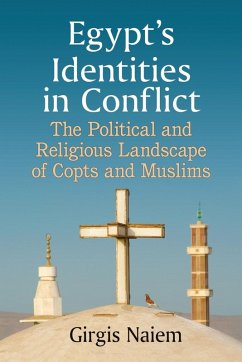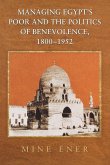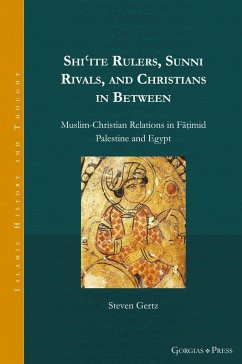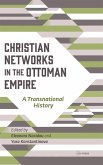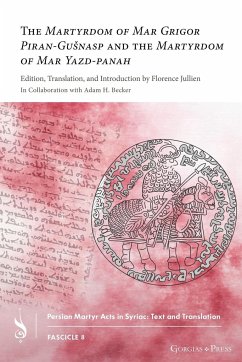Egypt's lack of a common national identity is the basis for much of its internal conflict--Coptic Christians have been particularly affected. Once major contributors to Christian civilization, their influence ended with the fifth century Council of Chalcedon and they endured persecution. With the seventh century Arabization of Egypt, Copts were given dhimma or "protected persons" status. The 1919 Revolution granted them greater political participation, but the 1952 Revolution ended liberal democracy and established a military regime that championed Arab identity. Secular Egyptians rebelled against the Mubarak regime in 2011, yet his successor was the Muslim Brotherhood's Mohamed Morsi, Egypt's first Islamist president. In yet another revolution over national identity, secular factions ousted Morsi in 2013 while in the chaos that followed, the Copts suffered the brunt of violence.
Hinweis: Dieser Artikel kann nur an eine deutsche Lieferadresse ausgeliefert werden.
Hinweis: Dieser Artikel kann nur an eine deutsche Lieferadresse ausgeliefert werden.

